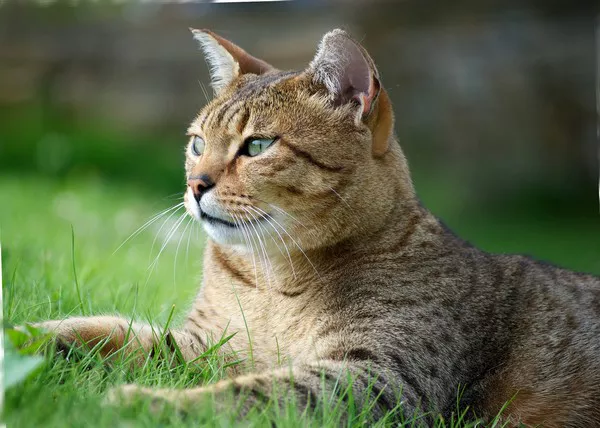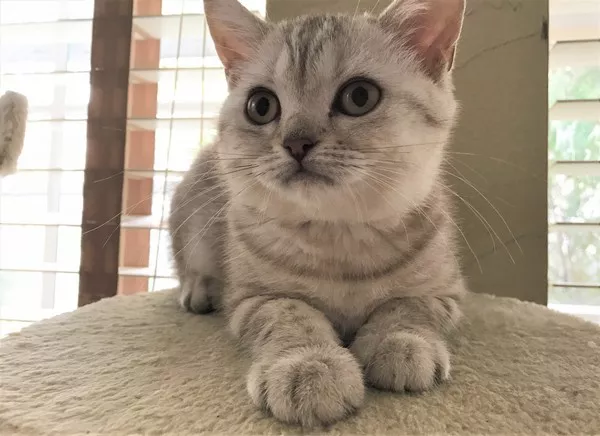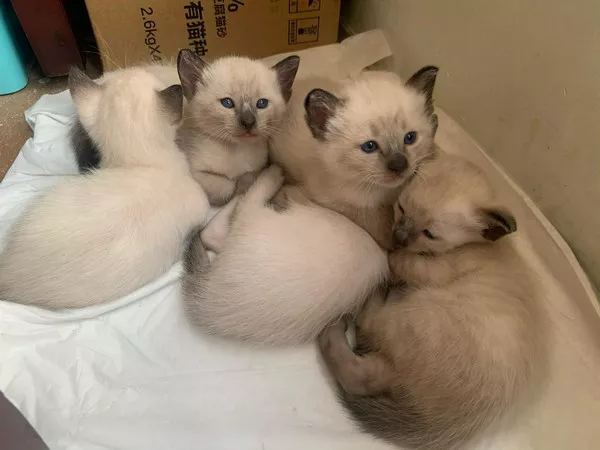As responsible pet owners, ensuring the health and well-being of our beloved feline companions is a top priority. Among the many essential nutrients that contribute to a cat‘s overall health, calcium stands out as a crucial element. But do cats really need calcium supplements? In this comprehensive article, we’ll delve into the role of calcium in feline health, the natural sources of this vital mineral, and the circumstances in which calcium supplements might be beneficial. By understanding the intricate relationship between calcium and your cat’s health, you can make informed decisions that contribute to their longevity and quality of life.
The Importance of Calcium for Cats
1. Bone Health
Calcium is well-known for its role in maintaining strong bones and teeth in both humans and animals. In cats, proper calcium intake supports skeletal development and prevents bone-related disorders.
2. Muscle Contraction
Calcium plays a pivotal role in muscle contraction and nerve transmission. It ensures that muscles, including the heart, function properly, supporting overall mobility and bodily functions.
Natural Sources of Calcium for Cats
1. Balanced Diet
A balanced and nutritionally complete cat food provides the necessary amount of calcium for most cats. High-quality commercial cat foods are formulated to meet feline dietary requirements.
2. Raw Bones
Raw bones, when appropriately sized and supervised, can serve as natural sources of calcium for cats. Chewing on bones also promotes dental health.
3. Dairy Products
While cats are obligate carnivores and do not require dairy, some enjoy small amounts of lactose-free dairy products like plain yogurt as a treat.
Factors Influencing Calcium Needs
1. Life Stage
Cats have varying calcium needs throughout their life stages. Kittens, pregnant or nursing cats, and senior cats may have different requirements due to growth, reproduction, or aging.
2. Health Conditions
Certain health conditions, such as kidney disease, can impact calcium metabolism. Consult your veterinarian if your cat has specific health concerns.
Signs of Calcium Deficiency
1. Weak Bones
A lack of calcium can lead to weakened bones, increased susceptibility to fractures, and skeletal deformities.
2. Muscle Tremors
Insufficient calcium levels can lead to muscle tremors and spasms due to improper muscle function.
Risks of Over-supplementing Calcium
1. Imbalance with Other Nutrients
Over-supplementing calcium can disrupt the delicate balance of nutrients in a cat’s diet, potentially leading to health issues.
2. Urinary Health
Excessive calcium intake may contribute to the formation of urinary crystals or stones, posing risks to urinary health.
Consultation with a Veterinarian
1. Individualized Approach
Consulting a veterinarian is crucial before introducing calcium supplements. A veterinarian can assess your cat’s unique needs and recommend appropriate measures.
2. Professional Guidance
A veterinarian’s expertise ensures that your cat’s nutritional needs are met without risking imbalances or health complications.
Ideal Calcium Intake for Cats
1. Dietary Sources First
In most cases, providing a nutritionally balanced cat food eliminates the need for calcium supplements.
2. Vet-Recommended Supplements
If your veterinarian determines that calcium supplementation is necessary, they will recommend appropriate products and dosages.
Conclusion
In conclusion, calcium is an essential mineral that plays a pivotal role in the overall health and well-being of cats. While many cats obtain sufficient calcium from balanced diets and natural sources, there are specific situations where calcium supplementation might be considered. Understanding your cat’s life stage, health condition, and dietary needs is essential when making decisions about calcium intake. The guidance of a veterinarian is invaluable in ensuring that your cat receives the right amount of calcium to support healthy bones, muscles, and bodily functions. By maintaining a thoughtful and well-informed approach to your cat’s diet and nutritional needs, you’re actively contributing to their vitality and longevity.



























